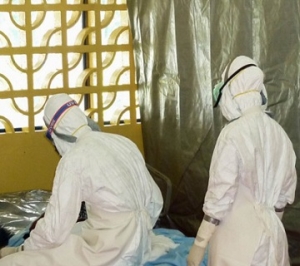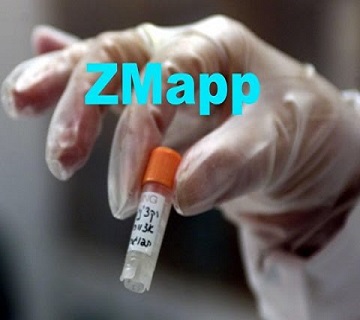
The WHO also announced that Ebola vaccines could be used on the frontline by November.
People produce antibodies in the blood in an attempt to fight off an Ebola infection.
In theory, those antibodies can be transferred from a survivor into a sick patient to give their immune system a boost.
However, large scale data on the effectiveness of the therapy is lacking.
A global group of experts have been meeting to assess the experimental therapies that could contain Ebola.
Studies on the 1995 outbreak of Ebola in Democratic Republic of Congo showed seven out of eight people survived after being given the therapy.
West Africa is facing the largest Ebola outbreak in history and more than 2,000 people have died.
Dr Marie Paule Kieny, an assistant director general at WHO, said: “We agreed that whole blood therapies may be used to treat Ebola virus and all efforts must be invested to help infected countries to use them.
“There is a real opportunity that a blood-derived product can be used now and this can be very effective in terms of treating patients”.
She said that it was the one positive aspect of so many people being infected.
“There are also many people now who have survived and are doing well. They can provide blood to treat the other people who are sick.”
Vaccines
There is no clinically proven drug or vaccine to treat Ebola, but many are in the experimental stage.
Around 150 experts have spent the last two days investigating how to fast-track promising experimental drugs to make them available in West Africa as soon as possible.
Ebola vaccine trials started in the US this week and will be extended to centres in the UK, Mali and Gambia in the coming weeks.
The WHO said safety data would be ready by November 2014 and, if it proved safe, would be used in West Africa immediately.
Healthcare workers and other frontline staff would be prioritised for vaccination, the WHO said.
Experimental drugs – such as ZMapp, which has been used in seven patients including a British volunteer nurse – were also assessed.




